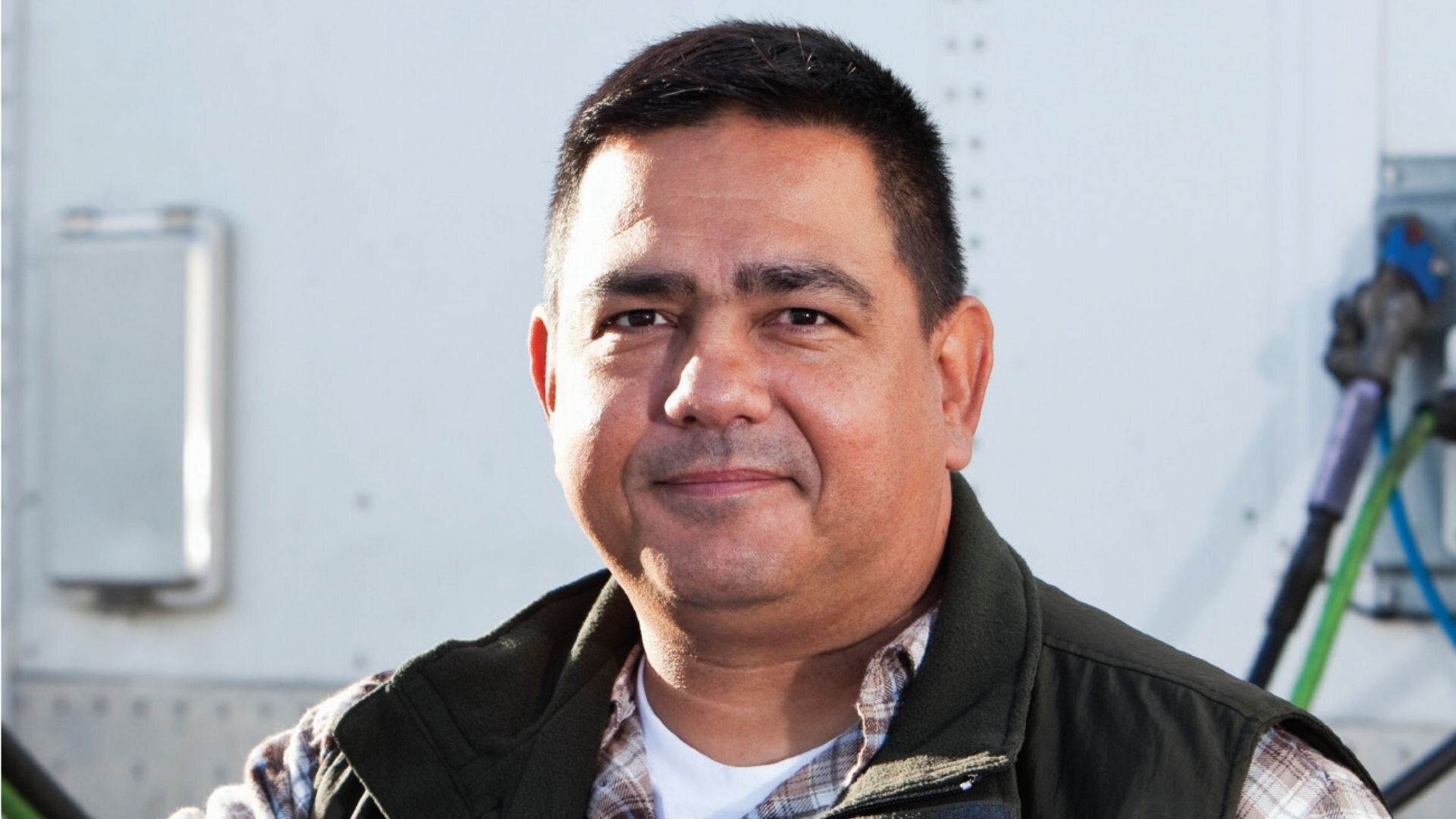
Trevor is hopeful.
My name is Trevor. I have been in and out of jail since I was a teenager and am now 40 years old. I have a complicated diagnosis of fetal alcohol spectrum disorder and antisocial personality disorder. I also have an acquired brain injury. I have done things in the past that I’m not proud of; breaking the law and acting tough and sometimes threatening in the face of authority. At the time, I didn’t think much about right or wrong or whether I was hurting myself or my future. I was focused on feeling good for an instant but didn’t recognize there were consequences to my actions. Even in the halfway house where I live now, I have problems following rules, and sometimes I say and do things that I regret later. My life is difficult.
Trevor needs an OT.
CRIMINAL JUSTICE and the law affects nearly every aspect of our lives, from regulating everyday activities like renting an apartment to crimes such as robbery. Those dealing with mental illness are much more likely to run afoul of these laws, and of society in general. If their condition is not addressed through a rehabilitation program, they will become repeat offenders. Each inmate costs the Canadian taxpayer over $190,000 annually.
The occupational therapist helped Trevor to:
Find a group therapy program. Share and learn about managing feelings and behaviours in a non-judgmental, inclusive environment and develop some healthy coping strategies aimed at building stronger self-esteem.
Gain employment through a supported employment agency for persons with mental illness.
Improve health habits and routine. Talk through and establish a daily routine of activities that Trevor enjoys such as going for a walk, reading something spiritual and making meals for himself.
Devise a plan that identifies and prioritizes his family commitments and leisure activities. Have a guided discussion gathering Trevor’s ideas on how to spend time with his family and how to pursue leisure pursuits in a healthy and fulfilling way. Set an achievable short-term goal or two that will give him a related sense of progress and success.
Understand more about his mental illness, symptoms, treatments and options for treatment. Sort through the differences between Trevor’s chronic medical conditions and his mental fitness.
Learn life skills that help him adjust to life outside of prison. Know how to communicate when there is conflict. Adopt practical skills like budgeting, banking and taxes.
Represent positive change. By advocating for clients like Trevor, in correctional facilities and halfway houses, OTs support participation in positive activities that reduce antisocial behaviour and facilitate the transition from prison to the community in a way that reduces recidivism.
Because of occupational therapy, I have stayed out of jail.
The Canadian Association of Occupational Therapists (CAOT) provides a searchable national directory of occupational therapists for all Canadians to find the occupational therapy services they need.
Occupational therapy. Making the everyday possible.
